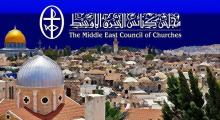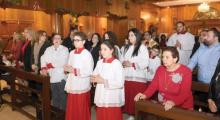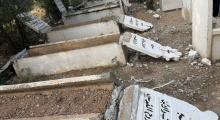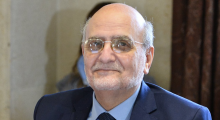Issued by the Catholic Center for Studies and Media - Jordan. Editor-in-chief Fr. Rif'at Bader - موقع أبونا abouna.org
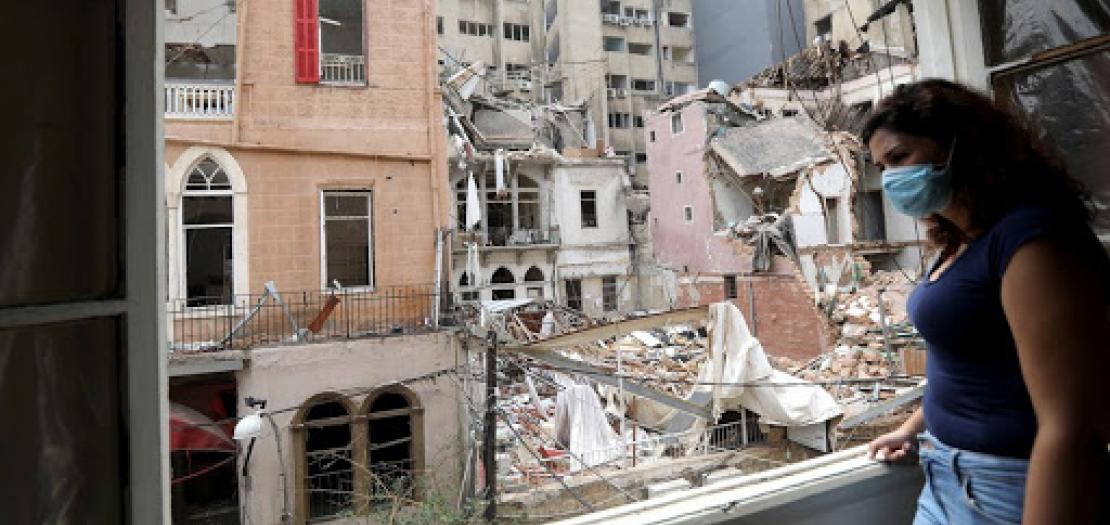
In response to a letter from the bishops and patriarchs of Lebanon asking for European intervention as the country plunges even further into a black hole, Europe’s bishops have pledged support and have asked government leaders to take action.
In a letter from the Assembly of Catholic Patriarchs and Bishops of Lebanon (APECL) addressed to the Commission of the Bishops’ Conferences of the European Union (COMECE), Lebanon’s leading prelates voiced concern about the increased risks people face amid the country’s political, social, sanitary and economic crisis.
Signed by Father Claude Nadra, general secretary of APECL; Archbishop Youssef Soueif of Tripoli and president of the ad hoc commission; and Cardinal Bechara Boutros Rai, patriarch of Antioch and president of APECL; the letter was penned in April but made public May 26.
In the letter, Rai, Soueif, and Nadra noted that Pope Francis has often called on the international community to support Lebanon, “which is going through a deep crisis and is at risk of losing its identity as a country of plurality, liberty and fraternity.”
They stressed the importance of the Christian presence in Lebanon, saying Christians “must not be reduced to the status of a minority under protection.”
By itself, Lebanon cannot sustain the ongoing presence of the hundreds of thousands of displaced Syrian and Palestinian refugees still stranded in the country, “for which a firm support of the international community is requested,” they said.
The prelates called on the international community to help the Lebanese people first by “ensuring the maintenance of their individual, collective and national rights, in full force and effect, without any restriction or alteration whatsoever.”
Global leaders were asked to contribute to the alleviation of Lebanon’s financial crisis in order to protect the country’s social fabric and prevent the loss of its “identity and specificity.”
Also requested was the support of the Christian population in Lebanon through ecclesial institutions, which they said, “are and will always remain at the service of all citizens without distinction or discrimination, and will keep on working tirelessly for the common good.”
Lebanon’s identity, they said, is forged on “the encounter between all its communities, based on the values of liberty, human dignity, pluralism, as well as of peace, respect and love of neighbor,” which makes Lebanon a natural place for “dialogue between the diversity of religious and cultural communities.”
“Those fundamental values of citizenship and liberty are the backbone to build a Lebanon that wants to continue being, for our time and our world, a message of freedom and a witness to harmonious coexistence,” they said.
However, they cautioned that this identity is threatened by “the political, economic, social, demographic and security crisis that has struck the country and constitutes a real threat.”
It is the Church’s task through its healthcare, educational, and social institutions, they said, to accompany “all generations, of diverse affiliations,” in building a culture of peace and dialogue, “thus upholding the principle of solidarity and reinforcing the cohesion of the social fabric, which are at the heart of the Lebanese identity.”


